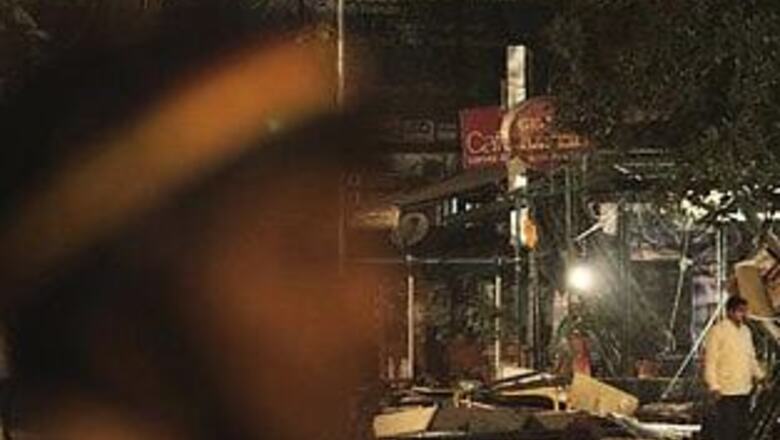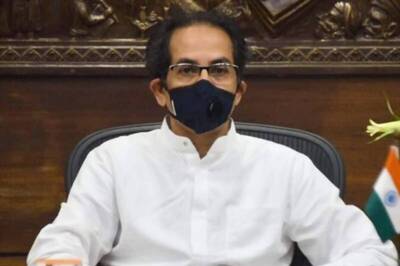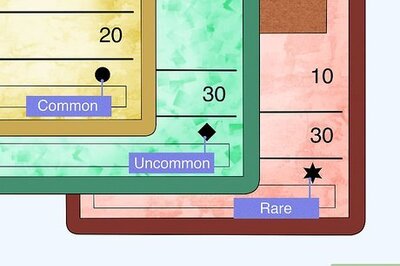
views
Mumbai: A bomb left in a backpack under a table at the German Bakery, a restaurant popular with tourists in Pune, on Saturday killed nine people, including two foreigners, and wounded 60. It was India's first major attack since the November 2008 attacks in Mumbai killed 166 people.
No one has claimed responsibility and police and government officials say they are investigating all possible leads.
But senior internal security sources said suspicion had fallen on Pakistan-based separatist group Lashkar-e-Taiba (LeT), which has been blamed for the Mumbai attacks, and a local militant group called Indian Mujahideen (IM) because both had in the past been behind bombings in India.
Both groups are fighting against Indian rule in the disputed Himalayan region of Kashmir.
Who are Lashkar-e-Toiba?
LeT is one of the largest Islamic militant groups in South Asia and based in Pakistan. Security analysts say it is a well-funded and organised group that sympathises with al-Qaeda.
The group was blamed for bomb attacks on markets in New Delhi that killed more than 60 people in 2005, as well as an assault on India's parliament in 2001 that brought India and Pakistan to the brink of a fourth war.
A religious retreat in Pune and a Jewish centre, both located near the German Bakery, were among sites surveyed by David Headley, arrested in the United States last year and charged with scouting targets for the Mumbai attacks.
Who are the Indian Mujahideen?
Police say the Indian Mujahideen is an offshoot of the banned Students' Islamic Movement of India (SIMI), but that local people appear to have been given training and backing from militant groups in neighbouring Pakistan and Bangladesh.
SIMI has been blamed by police for almost every major bomb attack in India, including explosions on commuter trains in Mumbai in 2006 that killed 187 people.
Police say the Indian Mujahideen may also include former members of Bangladeshi militant group Harkat-ul-Jihad al Islami.
The group first emerged during a wave of bombings in the northern state of Uttar Pradesh in November 2007, sending an e-mail to media outlets just before some of the bombs exploded.
They have since claimed responsibility for bomb attacks in the cities of Jaipur, Bangalore, Ahmedabad and New Delhi.
The demands of the Indian Mujahideen, like their targets, have tended to be domestic. The group has declared "open war against India", accusing the Indian Army of killing Muslims in Kashmir and also directing its ire at the Mumbai police anti-terrorist squad, accusing them of harassing Muslims.
Why was Pune targeted?
Pune, an IT and educational hub about 160 km south of Mumbai, is popular with international students and tourists.


















Comments
0 comment